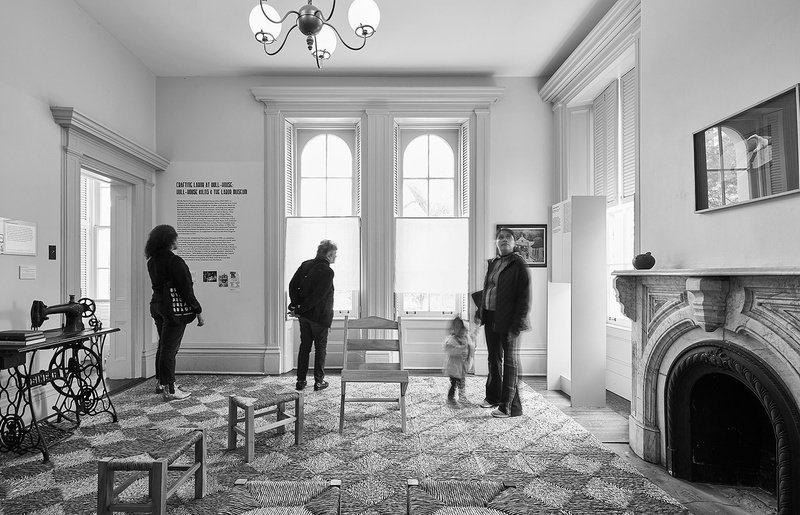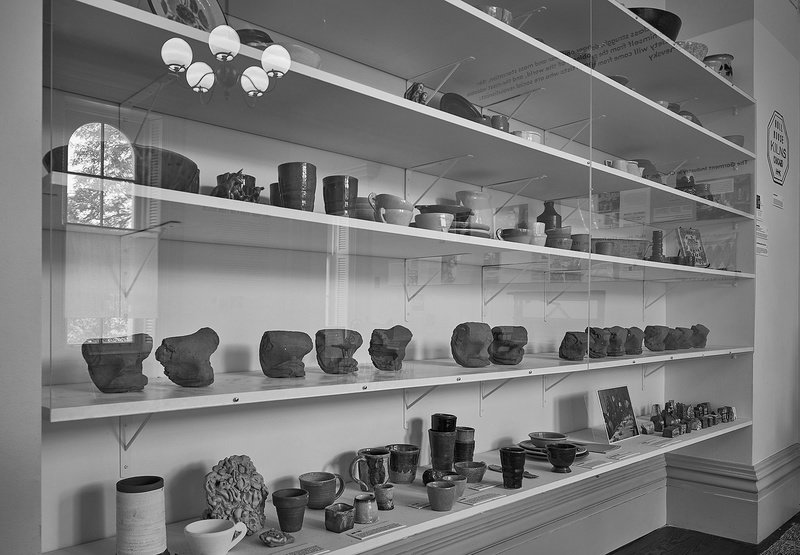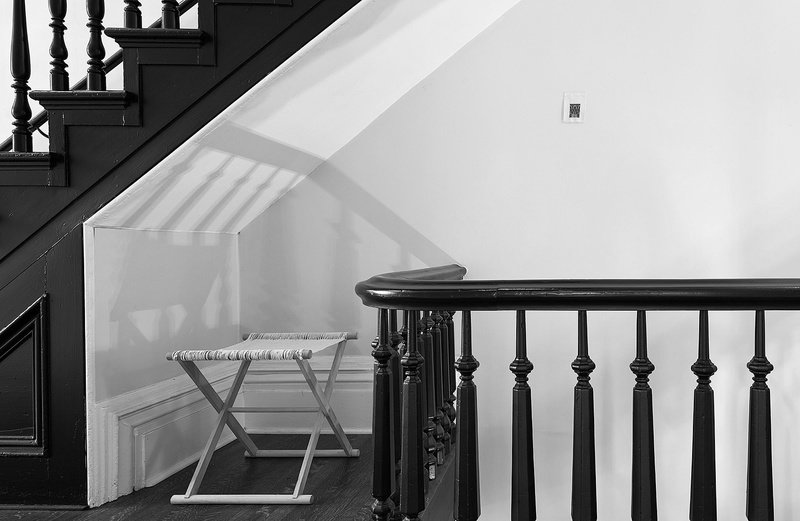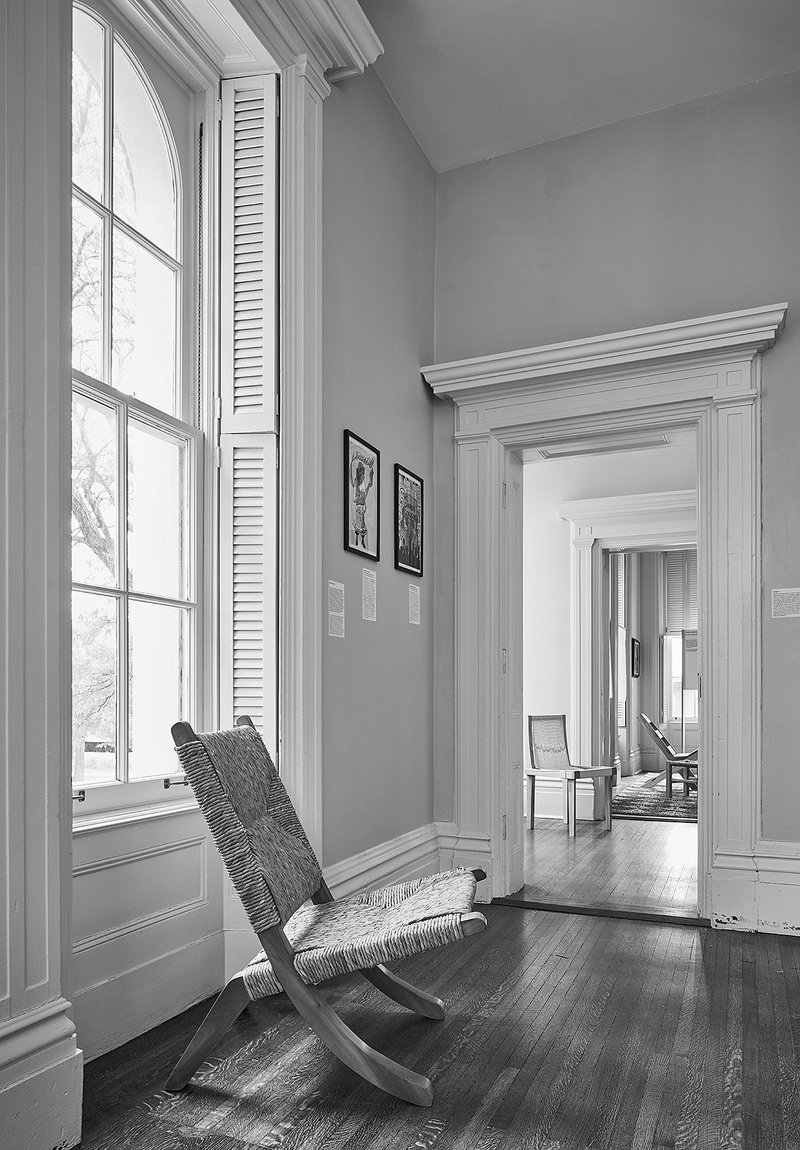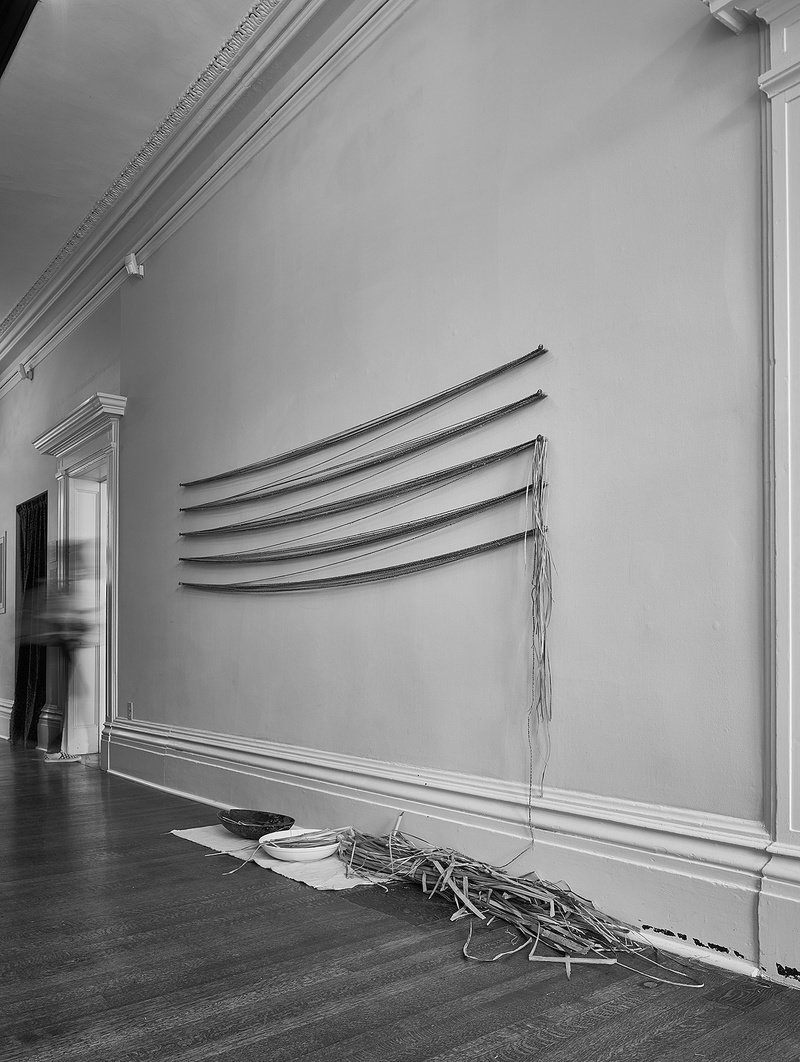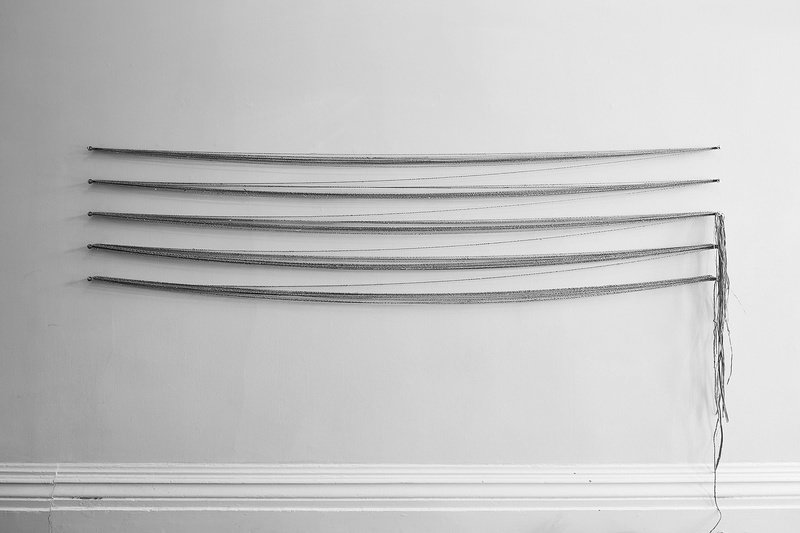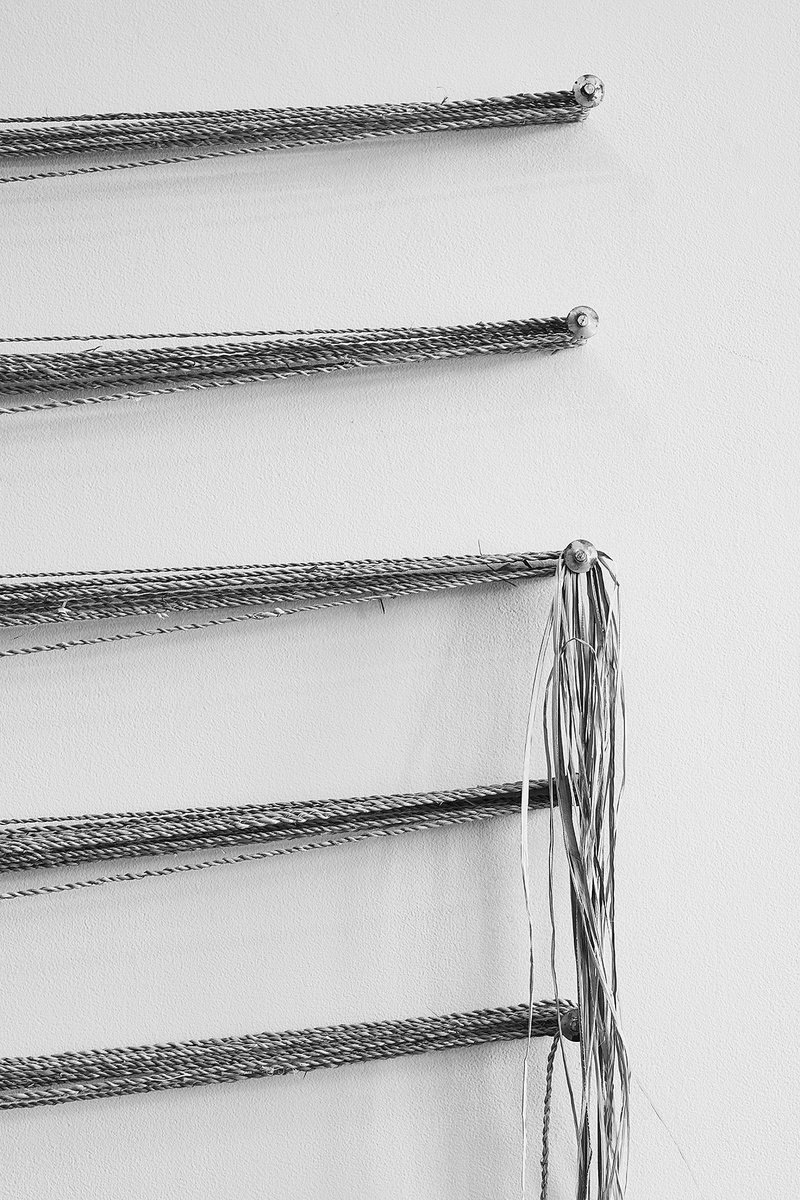Jorge González
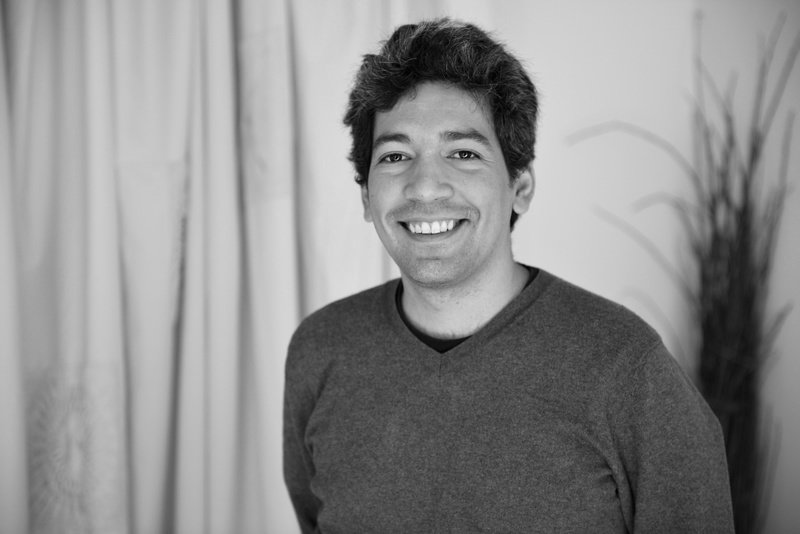
Jorge González’s artistic practice serves as a platform for the recuperation of Boricua material culture, in an attempt to create new narratives between the indigenous and the modern. In 2014, he founded Escuela de Oficios in response to omissions of dominant histories and deteriorating academic spaces. Proposing recovery through community regeneration, Escuela de Oficios creates spaces for collective learning and promotes self-directed education. Its activities include mapping, documenting and employing artisanal techniques, and creating a mobile program that includes conversations, workshops, and exhibitions. His work has been exhibited internationally, including solo presentations at Embajada, San Juan; International Studio and Curatorial Program, New York; and Roberto Paradise, San Juan. His work also has been included in exhibitions at Los Angeles Contemporary Exhibitions and the Whitney Museum of American Art, New York, and in documenta 14. In 2017, González was awarded the Davidoff Arts Initiative grant to be part of Escuela Flora in Bogotá.
Born 1981, Boriquén (Puerto Rico), lives and works in Boriquén
Biennial Project
otras formas de nosotres (other forms of we), 2016–19Enea (Typha domingensis), maguey (Furcraea tuberosa), emajagua (Hibiscus tiliaceus), teca (Tectona grandis), laurel espada (Nectandrasintenissi), capá prieto (Cordiaalliodora), majó (Talipariti elatum), carved stone
Commissioned by the 2019 Chicago Architecture Biennial with support from Para La Naturaleza
Jorge González’s artistic practice calls on Boricua (Puerto Rican) material culture to bridge Indigenous and modern ways of living and making. In response to the lack of everyday andacademic knowledge and spaces for Boricua practices and history, in 2014 González established Escuela de Oficios, a space for collective learning and self-directed education. Its activities include mapping, documenting, and engaging in artisanal techniques, and a mobile program that includes conversations, workshops, and exhibitions. otras formas de nosotres draws inspiration from local Boricua traditions, modern architecture, and ongoing collaborative learning programs with Boricua crafters. This particular iteration of the project involves traditional woodworking and weaving techniques of Puerto Rico’s Taíno, Can-Jíbaro, and Boricua communities.
